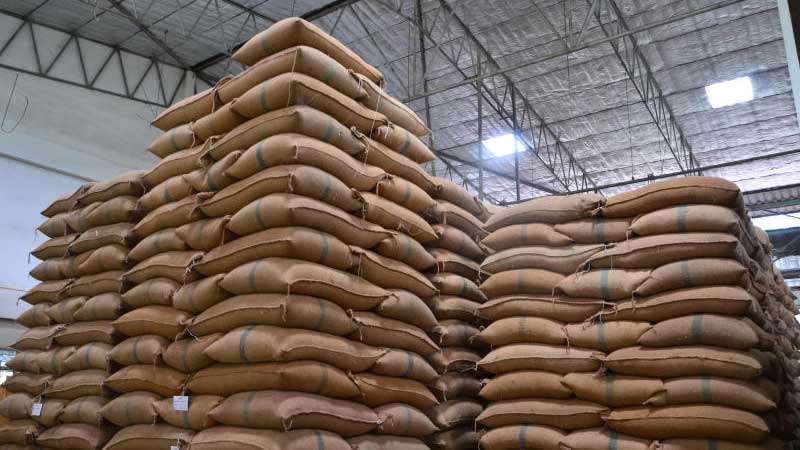×
The Standard e-Paper
Join Thousands Daily

Even before the storm surrounding alleged contaminated sugar subsides, detectives have impounded a staggering one million bags of toxic rice in Mombasa County.
And that is not all. The investigators have also confiscated more than 400 containers of cooking oil which, they say, do not meet required standards.